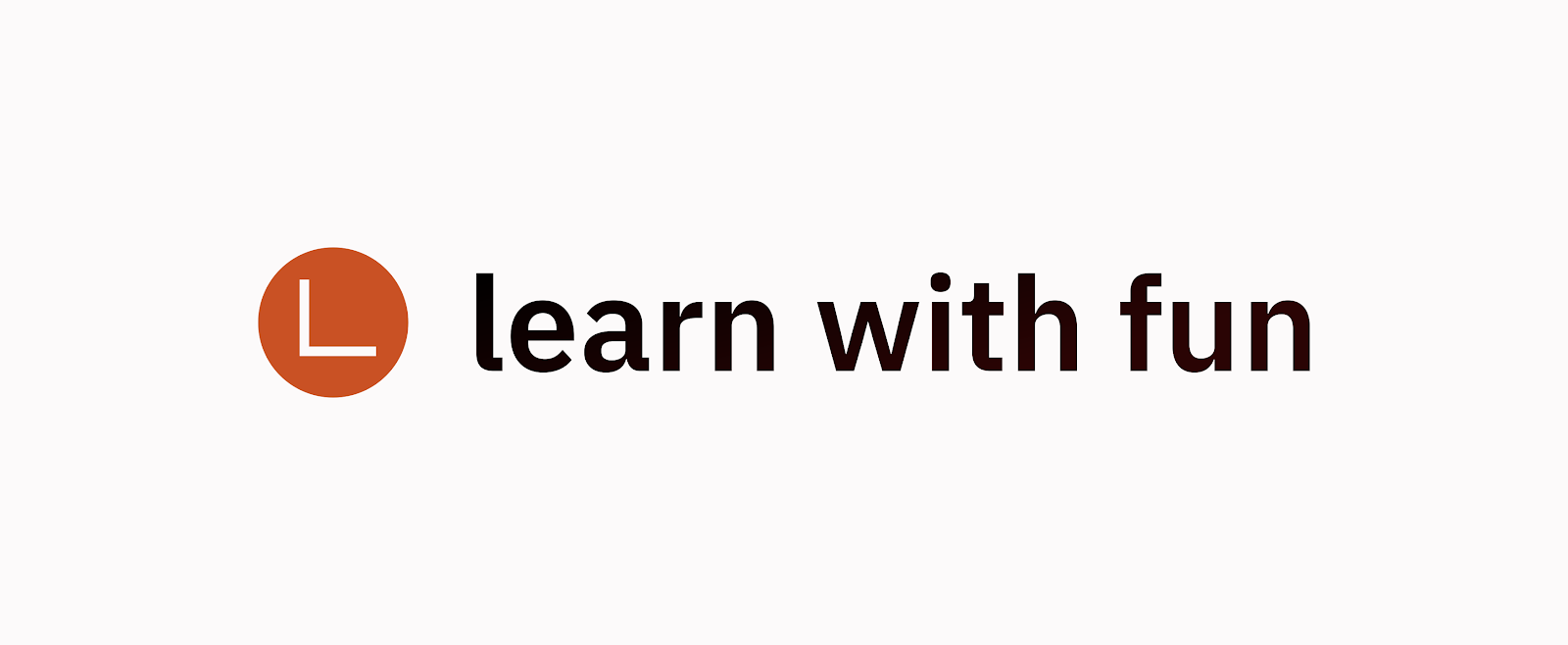 |
| Learning Coding and Making Money With Programming |
Coding is a skill that is in high demand these days. With the rise of the internet and digital age, more and more businesses are looking for people who know how to code. And not only that, but coding can be a great way to make money. If you're thinking about learning how to code, or if you're already a coder looking to make some extra cash, this blog post is for you. We'll go over some basics of coding, as well as some ways you can make money with your coding skills. So whether you're a complete beginner or a seasoned coder, read on for our starter guide to learning coding and making money with programming!
What is coding and what are its benefits?
Coding is the process of creating software programs that tell computers what to do. It is a form of communication that allows humans to talk to machines in their own language.
The benefits of coding are many and varied, but some of the most notable ones include:
-Coding can make you more efficient and productive.
-Coding can help you automate repetitive tasks.
-Coding can improve your problem-solving skills.
-Coding can make you more marketable and employable.
-Coding can open up new career opportunities.
-Coding can be a lot of fun!
What are the different programming languages?
There are many different programming languages, each with its own unique purpose and syntax. Some of the most popular programming languages include Java, Python, JavaScript, and Ruby. Each language has its own strengths and weaknesses, so it's important to choose the right language for the task at hand. For example, Java is a great choice for developing Android apps, while Python is perfect for data science and machine learning tasks.
What are the different ways to make money with coding?
There are many different ways to make money with coding. You can work as a freelance programmer, sell your own software products, or provide consulting services.
If you're a freelance programmer, you can work with clients on a per-project basis. This allows you to choose the projects you want to work on and set your own rates. Once you've built up a reputation, you can attract higher-paying clients.
Another option is to sell your own software products. This could be anything from a simple app to a complex enterprise system. If you have a great idea for a product, coding it yourself can give you complete control and allow you to keep all the profits.
Finally, you could provide consulting services to businesses who need help with their existing systems or who are looking to develop new ones. As a consultant, you would be paid for your expertise and advice, rather than for programming services. This is often a more lucrative option for experienced coders.
How to get started with coding?
If you want to learn coding, there are a few things you need to do. First, find resources that can help you learn the basics. Once you have a strong understanding of the basics, look for opportunities to practice your skills. You can find online courses, local meetups, and even bootcamps that can help you improve your coding skills.
Once you feel confident in your abilities, start looking for ways to make money with your new skill. There are a number of ways to do this, such as freelancing, working as a consultant, or finding a full-time job as a programmer. Whichever path you choose, remember that coding is a valuable skill that can help you reach your career goals.
Coding resources for beginners
When it comes to learning to code, there are a ton of resources out there for beginners. The most important thing is to find the right resources that fit your learning style and needs.
One great way to learn to code is through online courses. Sites like Udemy and Coursera offer a wide variety of courses on different programming languages and topics. Another great option is Code Academy, which offers free interactive coding lessons.
If you prefer a more hands-on approach, there are also plenty of bootcamps and in-person classes that can teach you the basics of coding. Bootcamps can be an intensive and expensive option, but they often include job placement assistance so they can be worth the investment. In-person classes are a great option if you learn best in a traditional classroom setting.
Once you have the basics down, it's important to keep practicing. A great way to do this is by working on personal projects or contributing to open source projects. This will not only help you hone your skills but also give you real-world experience that can be helpful when applying for jobs.
There are endless resources available for learning to code so don't be discouraged if something doesn't work for you at first. Keep exploring until you find a learning method that works best for you and stick with it. With some time and effort, you'll be writing code like a pro in no time!
Conclusion
Learning to code can be a great way to make some extra money, especially if you're able to find high-paying programming gigs. But it's also important to keep in mind that coding is a complex skill that takes time and practice to master. If you're just starting out, don't get discouraged — focus on learning the basics and perfecting your technique, and you'll be well on your way to becoming a coding pro.





